Are Global Plastics Treaty Negotiations Being Hijacked?
The plastic crisis has reached alarming proportions, with over 170 trillion plastic particles currently floating in our oceans. That amounts to 21,000 pieces of plastic for every person on Earth. This pervasive pollution is not only washing up on shores but also deadly to marine life.
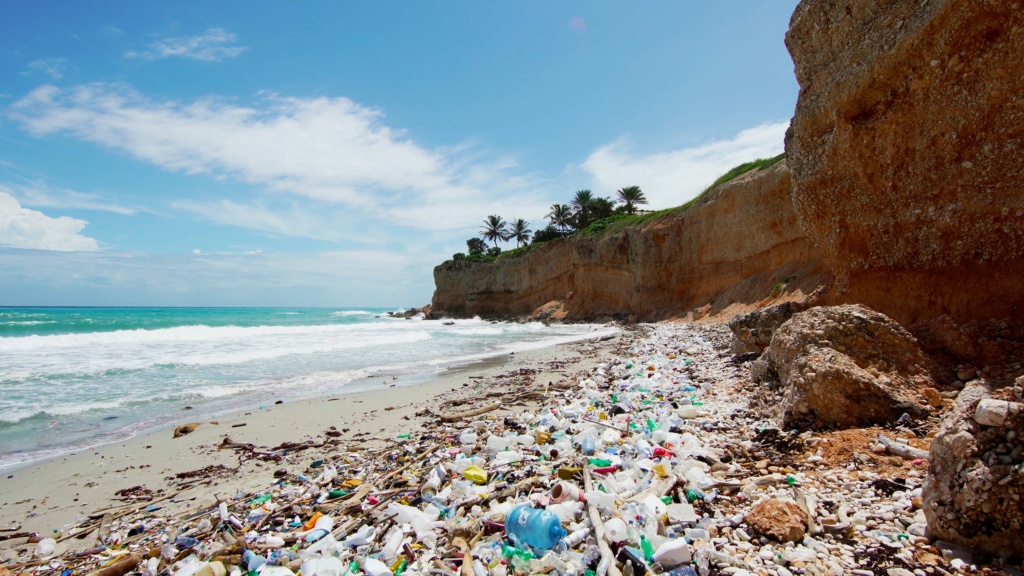
Annually, plastic causes the deaths of an estimated 100,000 marine mammals, over 1 million seabirds, and countless endangered sea turtles that ingest or become entangled in plastic waste.
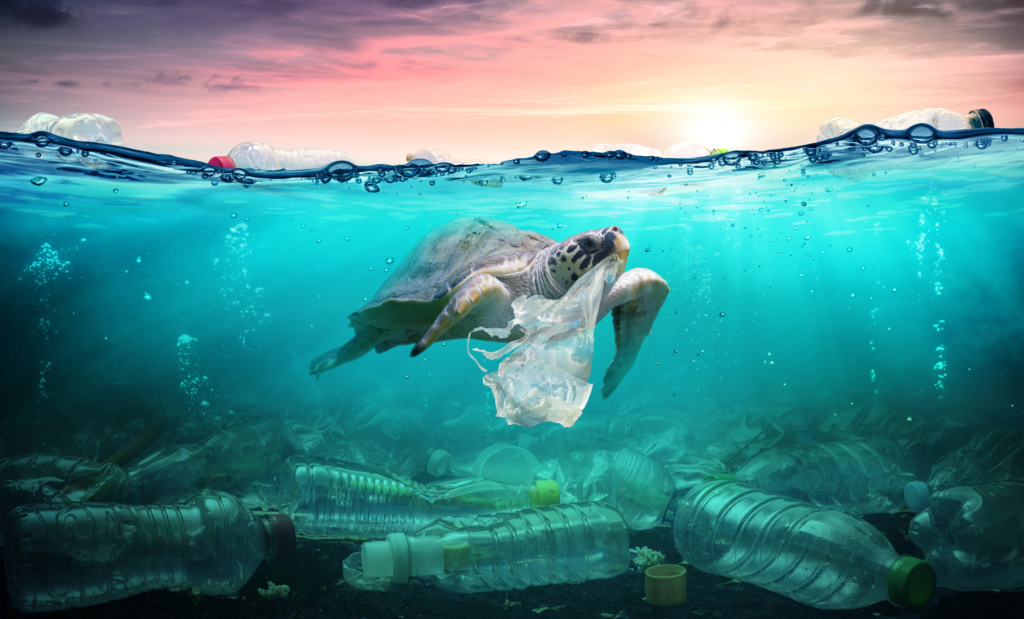
Moreover, massive amounts of plastic trash, particularly from the U.S. have been sent to Southeast Asia. These nations, have resorted to burning the trash, releasing harmful toxins into the air and exacerbating environmental and public health issues.
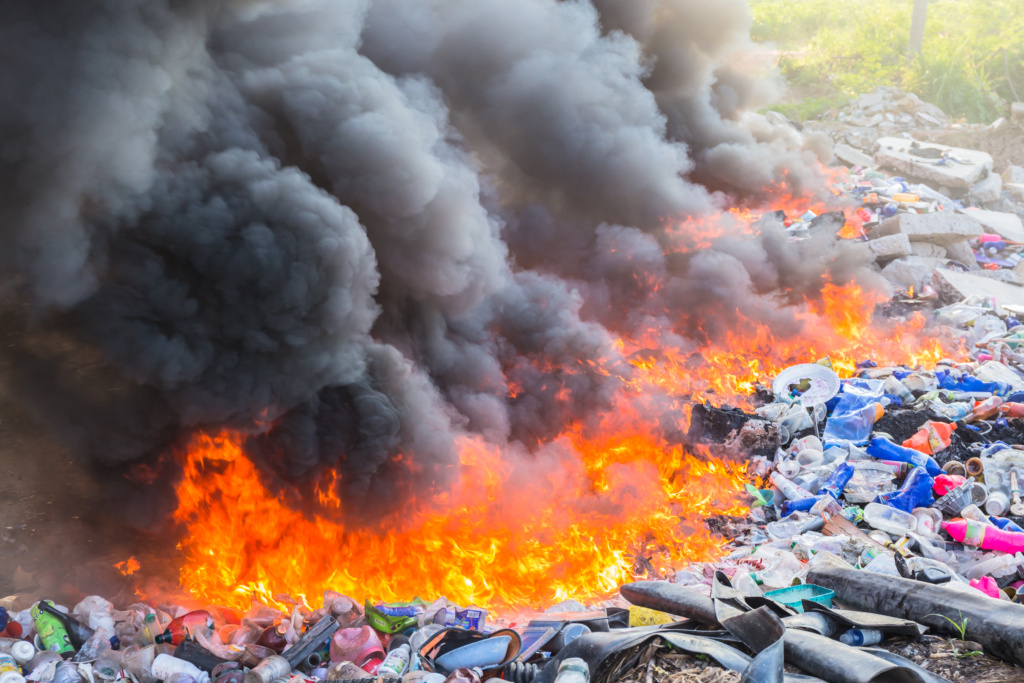
These facts highlight the need for immediate and comprehensive action to address the plastic crisis.
A Worldwide Collaboration
The Global Plastics Treaty negotiations, led by the United Nations, are an international effort to address the plastic crisis that plagues our entire planet. The negotiations include world leaders, scientists, Indigenous Peoples, and activists. They are working to create binding regulations to combat plastic pollution. Many call for companies to “turn off the tap” and drastically reduce plastic production.
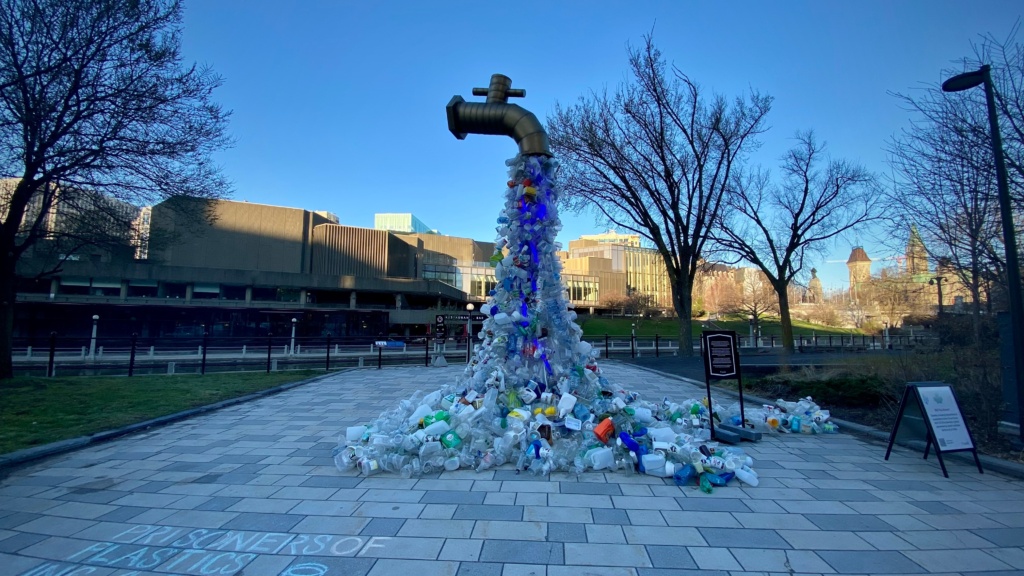
Therefore, as an environmental attorney passionate about tackling this issue, I was honored and excited when I was asked to speak on a UN webinar panel. The goal of the webinar, “The Road to Busan and the Global Plastics Treaty,” was to grow awareness of the treaty. It also aimed to inform the International Negotiating Committee at their fifth session (INC-5) taking place in Busan, South Korea this November.
The Road to Busan focused on the findings in a research paper “Global Producer Responsibility for Plastic Pollution.” This comprehensive study, involving scientists from over a dozen countries, revealed that a handful of companies are responsible for a significant portion of global plastic pollution. The findings underscore the need for a robust treaty that holds these corporations accountable and promotes sustainable practices.
So, why does the industry that is the reason the plastic crisis has reached alarming proportions and will be impacted financially by the treaty have a role in these negotiations?
The Fox Guarding the Hen House
For decades corporations have profited by exploiting natural resources and polluting the planet with hundreds of millions of tons of plastic they produce annually. To protect their bottom line, these companies have been instrumental in shaping public opinion, encouraging weaker regulations, and misleading consumers. As a result, we are faced with an environmental crisis because we cannot manage the waste. Tons of plastic trash has leaked into the environment, including trillions of microplastics found in air, water, wildlife, and even humans.
The companies responsible for producing and distributing plastics have greenwashed their products, promoting recycling as a solution.
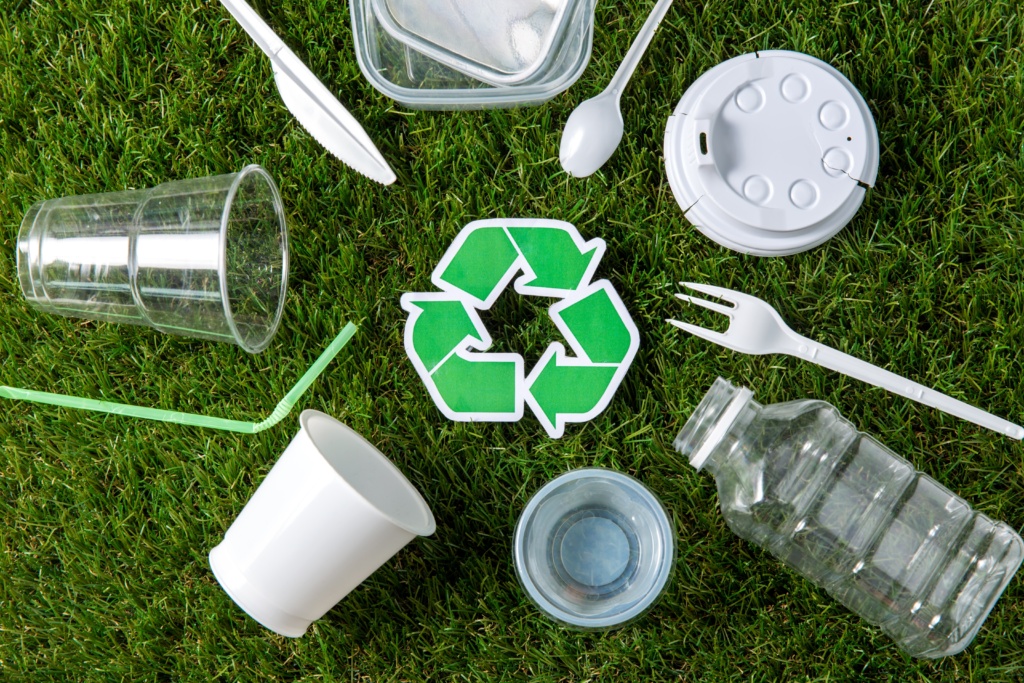
However, recycling is neither economically feasible nor technologically effective. In fact, recycling contributes to massive amounts of microplastics being discharged into waterways. This false narrative is part of a larger strategy by polluters to maintain control over the conversation around environmental responsibility.
For someone like me, who deeply cares about the planet we leave for future generations, this is unacceptable. Plastic production is expected to triple by 2050. By then, plastic is expected to outweigh fish in the ocean. Meanwhile, corporate lobbyists continue to wield significant influence. They are making backroom deals and pouring dark money into the pockets of politicians. In 2022 alone, petrochemical and beverage corporations spent over $85 million on lobbying efforts to ensure their interests are protected.

It is particularly concerning that the very corporations which stand to be impacted financially by treaty negotiations are showing up and influencing decision-makers. At INC-3 in Nairobi, 143 fossil fuel and chemical industry lobbyists registered, vastly outnumbered the 38 participants from the Scientists’ Coalition for an Effective Plastics Treaty. Similarly, at INC-4 in Ottowa, Canada 196 plastic industry lobbyists registered, outnumbering scientists three to one and representatives of the Indigenous Peoples Caucus by seven to one. These lobbyists are not just attendees; they join country delegations and gain special access to private sessions where critical decisions are made. Also troubling is the fact that months before the negotiations, industry representatives meet decision makers behind closed doors.
The presence of these industry representatives is a conflict of interest and creates power imbalances that hinder progress. As Rachel Radvany, Environmental Health Campaigner at the Center for International Environmental Law, states:
“The presence of actors in the room who are responsible for generating this crisis creates power imbalances that obstruct progress. Rights holders and civil society representatives will not sit silently while this happens. We are here representing the needs of communities and people from around the world who cannot be in these rooms. We are continuing to speak out to call for an end to corporate capture. We know that there are models for conflict of interest that work. We need to safeguard the negotiations and prioritize participation from Indigenous Peoples, frontline communities, independent scientists, and other rights holders. Our rights and the rights of future generations depend on it.”
Ending corporate capture is crucial for ensuring fair and effective environmental policies. We must prioritize the voices of those who truly advocate for the planet and future generations over those that are responsible that the plastic crisis has reached alarming proportions seeking to protect their profits.
Conclusion
The Global Plastics Treaty should be about creating a future where plastic pollution is a thing of the past. With strong international treaties, we can make significant strides towards this goal. Let’s support each other in these efforts and leave a better world for our children and future generations.
Here are some additional blogs
Plastic Sand? A reflection on our imposed plastic culture
Exploring Hawaii’s Plastic Crisis: A Three-Day, Three-Island, Three-Beach Journey
Big Plastic is Telling Big Lies
